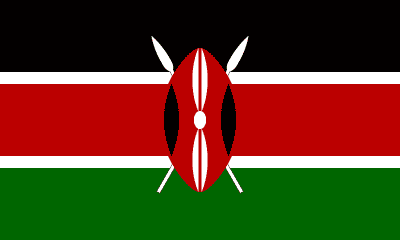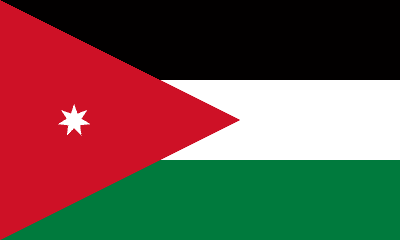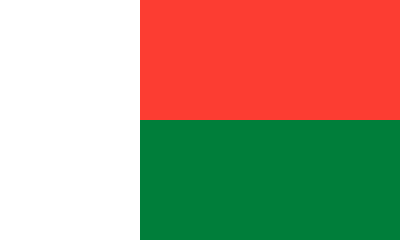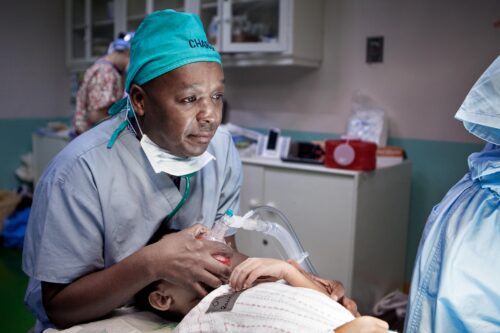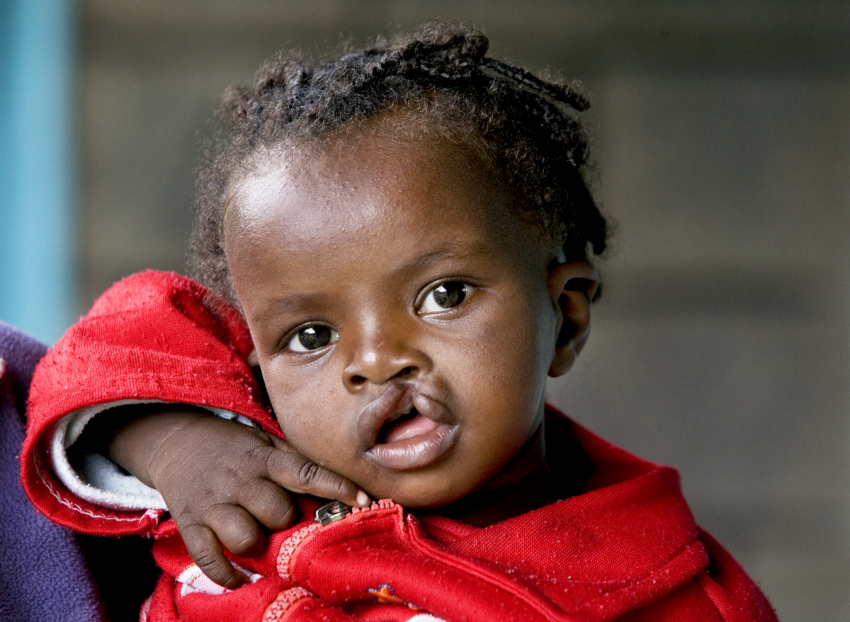
Since 1987, Operation Smile has provided high-quality surgical care for around 10,000 patients in Kenya. We rely on the skill, passion and dedication of more than 80 skilled medical volunteers from Kenya to deliver safe surgery and comprehensive cleft services.
THE NEED
One in 500-750 births. It is estimated that, worldwide, a child is born every three minutes with a cleft condition — about one in every 500 to 750 births.
Shortage of health workers. Kenya has just two specialist surgical workers per 100,000 people, which falls short of the target set by The Lancet Commission on Global Surgery of 20 providers per 100,000 population. The shortfall of Kenya’s medical professionals is exacerbated by a mass brain drain. Between 30 to 40% of the estimated 600 doctors who graduate in Kenya annually move to other countries.
Limited hospital capacity. The Lancet Commission proposed that at least 80% of the population should live within two hours of a hospital that is equipped to perform the three bellwether procedures: laparotomy, cesarean delivery and open fracture care. Although 90% of Kenyans live within two hours of a hospital, just 52% of country’s surgically equipped hospitals are capable of laparotomy. This suggests that the proportion of hospitals capable of performing all three bellwether procedures is 52% at most.
Financial burden. The Lancet Commission proposed that, to meet populations’ needs, countries should achieve 5,000 surgical procedures per 100,000 population. In Kenya, medical providers perform just 263 procedures per 100,000 people. The insufficient number of surgical procedures exacerbates the impact of high out-of-pocket expenses, making it even more challenging for patients with cleft conditions to access care. 36% of the population is at risk of impoverishing expenditure for surgical care, while 21% risks catastrophic expenditure in case of surgical care.
OUR FORMULA FOR TRANSFORMATION
Operation Smile’s formula for transformational impact combines care delivery & capacity-building.
Education programs are at the center of Operation Smile’s strategy to increase access to surgery closer to the patient’s home.
Each surgical program brings together providers from all over the world for a unique opportunity to share knowledge and innovate. This type of bi-directional learning is essential to redistributing knowledge between providers and building capacity in the areas of greatest need.
Our work in health policy & advocacy and health infrastructure & equipment addresses structural barriers to care and helps build robust health systems. Operation Smile’s research & innovation efforts inform all aspects of our decision-making and allow us to have a comprehensive understanding of the impact our programs have on patients.
HUB & SPOKES
To ensure that every child has access to care close to home, we equip the providers within our patients’ communities with skills and resources to deliver high quality care. We build the needed capacity by harnessing the talent and resources that exist within the country, usually in the bigger cities, the hubs, to train providers in under-resourced areas, the spokes, where most patients lack access to care.
In Kenya, the Kenyatta National Hospital in Nairobi serves as a hub, providing year-round care for patients and training opportunities for health workers.
Our spoke is based in Kiambu County (AIC Kijabe Hospital Central).
Operation Smile provides comprehensive cleft care at three hospital partners located in Mombasa, Meru and Kajiado.
This year, we aim to establish a second hub at Kenyatta University Teaching and Referral and Research Hospital in Nairobi.
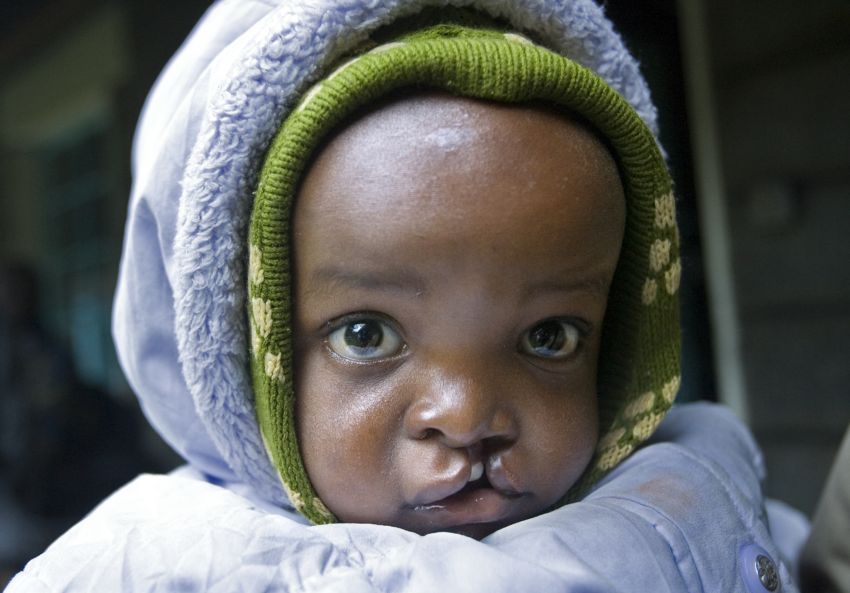
During Fiscal Year July 2024-June 2025, Operation Smile Canada has committed to invest $30,497, accounting for 9% of Kenya’s total projected budget for the fiscal year, which will directly contribute to providing surgery to around 230 patients and providing educational opportunities for 210 health workers.
Cleft Care Programs
Operation Smile projects to deliver safe surgeries to around 230 patients in Kenya. We plan to expand comprehensive cleft care by providing consultations in nutrition (200 patients), speech therapy (60 patients), psychosocial care (60 patients) and oral health (100 patients).
Education
Operation Smile will provide training and education for 210 health workers. Plastic surgeons will continue to receive training through our partnership with the College of Surgeons of East, Central, and Southern Africa (COSECSA), the largest surgical training institution in Sub-Saharan Africa, and attend a one-week hands-on workshop in Kijabe. Operation Smile will credential trainers for the Cleft Surgery Training Program (CSTP) and hold CSTPs during short-term surgical programs. We will provide training for pediatric anesthetists from Kitale at Kijabe. Operation Smile will promote courses offered by our virtual training platform Operation Smile Academy among our plastic surgery residents in Kenya. Providers across different specialties will receive training in Medical Emergency Pediatric Anesthesia as well as attend training courses provided by the World Federation of Societies of Anesthesiologists (WFSA) and the American Heart Association (AHA). Operation Smile also plans to train community health workers as patient advocates.
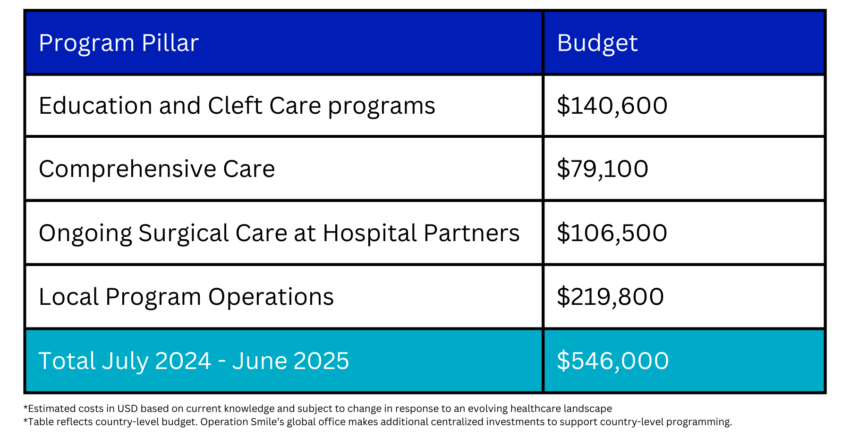
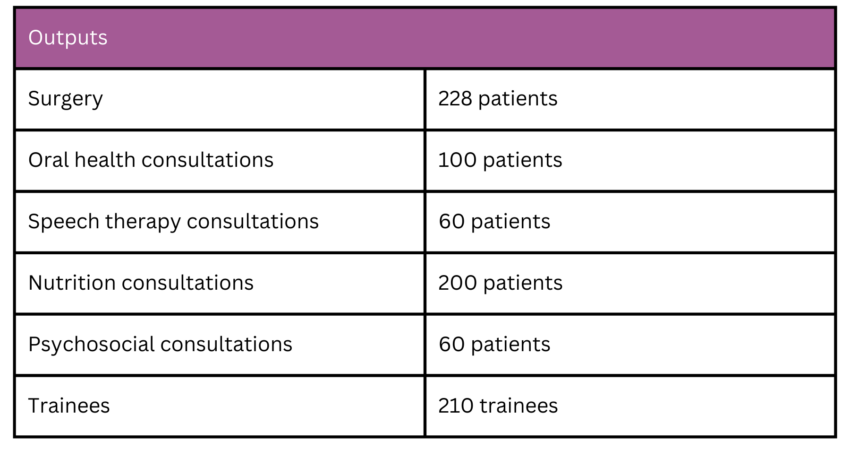
THREE-YEAR VISION
Over the course of the next three years, Operation Smile will provide around 800 patients with surgery. We will also deliver consultations to over 2,000 patients
Operation Smile will coordinate surgical programs in Kenya, focusing on high-need counties. We will also continue to invest in the workforce, increasing the quantity and enhancing the skills of local medical providers. Specialized training, coupled with hands-on training and credentialing at short-term surgical programs, will support the growth of independent surgical teams at the spokes to build capacity to provide safe surgeries independently and reduce the need for patients to travel to Nairobi.
Operation Smile will support the speech program at Kenyatta University and train surgeons through our partnership with The College of Surgeons of East, Central and Southern Africa (COSECSA). Operation Smile will provide education opportunities for pediatric anesthesiologists in collaboration with the University of Nairobi. We will establish teaching and training pathways, like the Cleft Surgery Training Program, for COSECSA fellows from Kenya and across the region.
We will utilize Kijabe’s simulation labs for anesthesia training, particularly for pediatric anesthesia, and grow training opportunities for CANECSA fellows.

